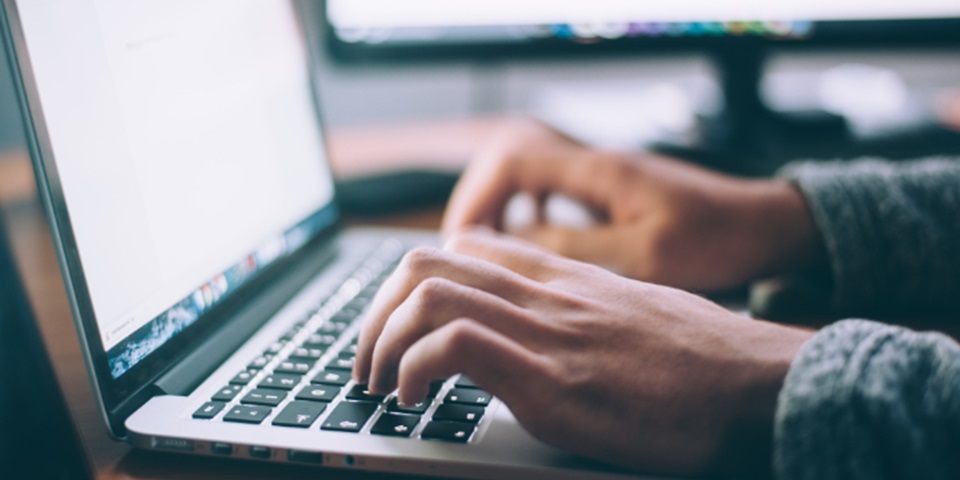News
Mental wellbeing during isolation

In the current environment many of us will need to self-isolate, quarantine, or be restricted to our homes.
Such disruption may challenge our usual ways of maintaining mental health and wellbeing, so we may need to bolster our efforts to overcome risks relating to feelings of helplessness, social disconnection, and uncertainty.
Adjusting to isolation will depend on our own personal circumstances - whether we live alone or with others, our financial situation, and our current health status, but there are some key ways to support our wellbeing.
Activities
Maintaining our physical, motivational, and social rhythms and routines as much as possible helps our world to be predictable and stable where possible, giving us space to respond to changes. Planning our schedule with choices, goals, and achievement also helps to bolster feelings of autonomy to counter feelings of helplessness in uncertain times.
- Map out your typical schedule using a diary or weekly activity schedule.
- Maintain healthful physical routines - sleep cycles, meal times, and exercise are important, while limiting alcohol and other drugs. Get sunlight and fresh air regularly - in your own yard, your balcony, or by opening a window.
- Find alternatives where necessary but keep the routine such as phone or online meetings, social connections through video chat, memberships that have converted to online classes (eg exercise workouts, yoga), and performances such as online concerts.
-
Plan a balance of activities that support feelings of achievement and pleasure as well as safeness, calm and rest, all of which are needed to help support mental health.
- Set work or study goals if you can, or identify brief achievable projects, learning opportunities, or valued activities that give you a sense of purpose, meaning, or achievement. Add healthy calming activities such as reading, relaxation, slow breathing, meditation, yoga, music, online nature tours, and social connection.
- For inspiration, check out online lists and resources.
- Allow free time for some spontaneity and be willing to adapt as circumstances change.
Connection
We are social beings. Connecting with others gives us a sense of belonging - social distancing doesn’t have to equal social isolation. We also connect to develop a shared understanding, and in uncertain times, we look to others to gauge threat or safeness in the environment. So, especially now, we need to maintain our connections in ways that are healthy and helpful rather than harmful.
- Allow free time for some spontaneity and be willing to adapt as circumstances change.
- Make a list of your core social connections - especially those relationships that foster joy and laughter, comfort and care.Schedule time to connect regularly.
- Check in around coping but also create “COVID-free zones” to create meaningful connections that aren’t threat focused.
- Get to know your fellow human beings with interesting conversations.
- If isolating with close contacts, find different activities to enjoy together while still maintaining required physical distance.
- Use social media for connecting but if your feeds are full of fake news, panic, or questionable commentary - change your settings or find a different space.
- Contribute: We really are all in this together, and we can’t get through this alone.Volunteering and giving can help boost our mood - in Canada they started “Caremongering” rather than scaremongering, and in Australia the “Adopt A Healthcare Worker” campaign started. So, if you can, try to find ways to help, even from isolation.
Navigating the emotional landscape
Cap information: When we feel uncertain we seek information – to know what to do, to help stay protected, but the places we look are not always helpful. Stick to authoritative sources, don’t rely on social media for information updates, and cap how much news you consume.
Cultivate positive and helpful emotions
- Where possible, experiences such as playfulness, creativity, humour, and joy should still be part of our human experience.
- Find and share news stories that foster hope in common humanity – like neighbours singing on balconies, or how business is pitching in to support the cause. Find Facebook groups such as the Kindness Pandemic that challenge our inherent negativity bias. Commit to only sharing posts which are accurate and encouraging for the community, rather than fuelling fear and panic.
- Express your gratitude for the people in your life; perhaps try loving kindness meditations of goodwill to others, which can improve our mood.
Courageous and compassionate coping
- As with creating bushfire plans, create a plan of action for what you’ll need if you become unwell - follow the advice offered by authorities, focus on problems within your control, and set up what supports you will need. Challenge yourself to do this in a way which is helpful to you but not harmful to others.
- It’s ok to seek extra support if you’re struggling. There are a range of online self-help tools such as MyCompass from the Black Dog Institute. You can also speak to your GP about getting additional support while you’re in isolation, for example via telehealth with a psychologist.
It’s understandable that we may feel afraid - we need to be mindful of the threat so that we take extra care, yet not be overwhelmed with panic. We also need to balance our struggles with experiences that build resilience and support helpful, rather than harmful, actions. Now is the time to find new ways to be the best version of yourself.
Written by Dr Helen Correia, Clinical Psychologist and Senior Lecturer in Psychology, and Dr Petra Skeffington, Clinical Psychologist and Head of Psychology, Exercise Science, Chiropractic and Counselling at Murdoch University